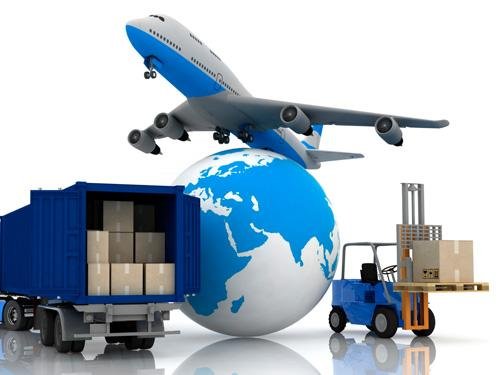Air Cargo Management Software – the way forward for collaboration, planning and process integration in air cargo operations

Escalating volumes of air cargo have made it difficult for this sector to keep pace with adequate expansion in terms of infrastructure, man-power and level of automation. Air cargo terminal operations depend upon several stakeholders using disparate IT systems, having varied levels of automation and integration. To achieve a winning edge, it is imperative to adopt a unified air cargo management system that can bring all the air cargo stakeholders under one system.
Air Cargo stakeholders today are challenged with use of disparate IT systems possessing different levels of automation. Most of these systems do not posses integration capabilities as a result of which, data from one system cannot be fetched in another system. This limitation results in several roadblocks for the air cargo industry. Multiple data entry points, complex paperwork, manual errors, increased cargo processing time, regulatory non-compliance, loss of revenue and goodwill are some of the most immediate effects that absence of unified system brings.
The industry today needs air cargo systems like ‘GALAXY’ which are scalable and suitable for a multiple airport sizes. Such systems are capable of managing efficient delivery of air cargo by ensuring smooth transfer of data and information across the value chain. Digital air cargo solutions enable ease of operations for airports of all sizes. They not only automate all cargo handling operations but also provide a collaborative platform for stakeholders such as Airlines, GSAs, Bonded Truckers, Custom Brokers, Forwarding agents, Customs and Banks amongst others. Such solutions also automate the custodian functions for India specific operations and the internal warehouse and cargo handling processes. Moreover, they keep pace with the changing regulatory requirements and bring in greater efficiency and visibility in the air cargo handling at the airport.
Air cargo value chain comprises of variety of stakeholders present at different locations. A next generation scalable and industry compliant system is built considering capability of easy interfacing with many essential third party applications. These include integration with Weigh Bridge, ETV, Hand Held Devices, PLC, ASRS and RFID, to name a few. The N-tier architecture of such systems ensures ease of configuration for dynamic business requirements. With specific modules for Export, Import, Transhipment, Domestic, Warehouse, ULD Management, PO Mail/Courier, SLA, Invoicing and a web portal for stakeholder interaction, air cargo systems ensure greater visibility and efficiency. Integration of several innovative features like Speed AWB in exports, one screen view of acceptance to manifest, auto-invoicing, auto-alerts and an EDI dashboard enable efficient operations at the user level enable users to get the most out of the system.
Air cargo systems developed on the basis of domain knowledge and technical expertise assist Cargo Terminal Operators, Custodians and Ground Handling agents to overcome daily challenges by addressing key improvement areas, thereby optimising the entire gamut of air cargo operations.